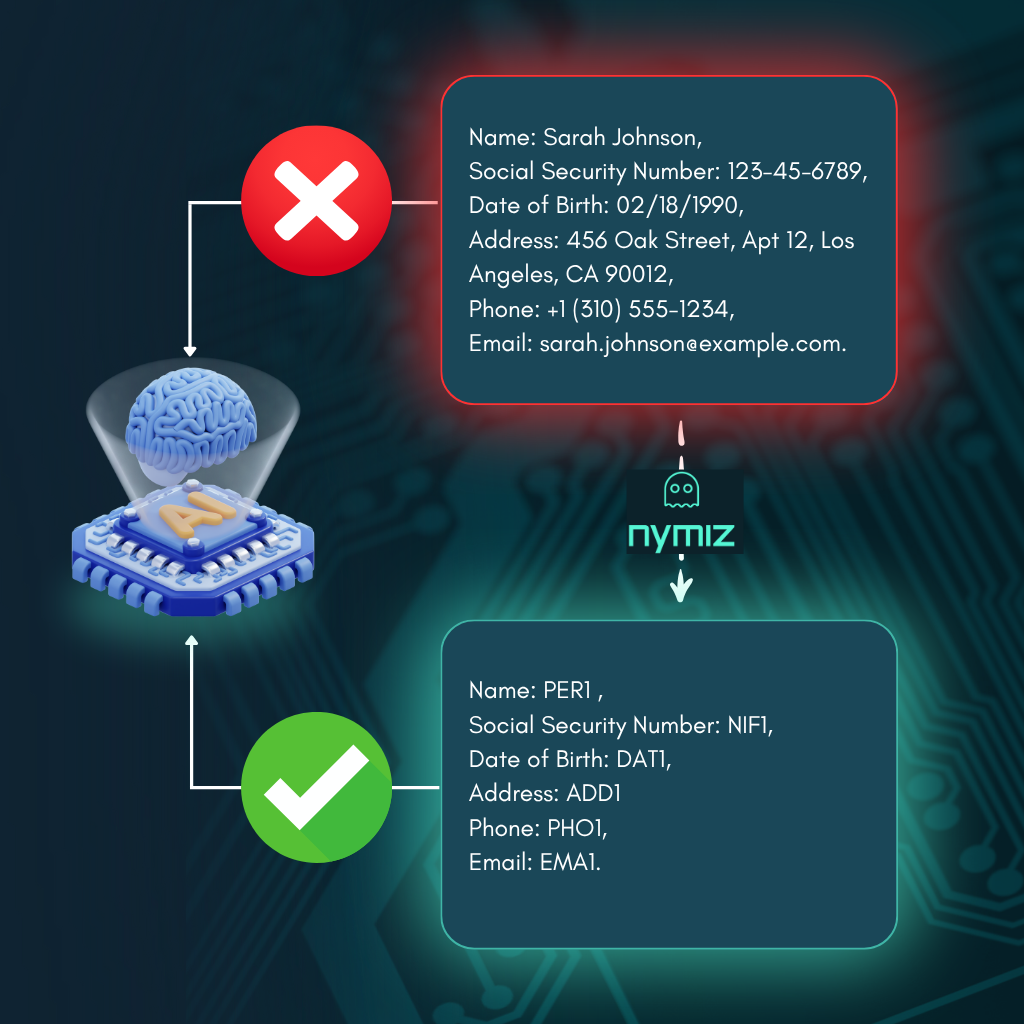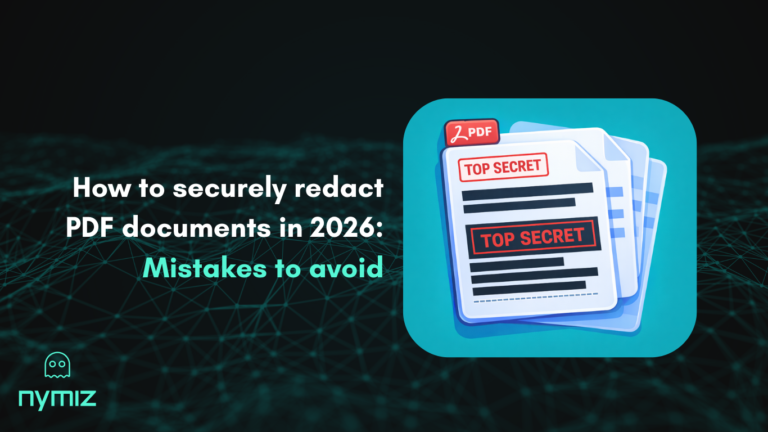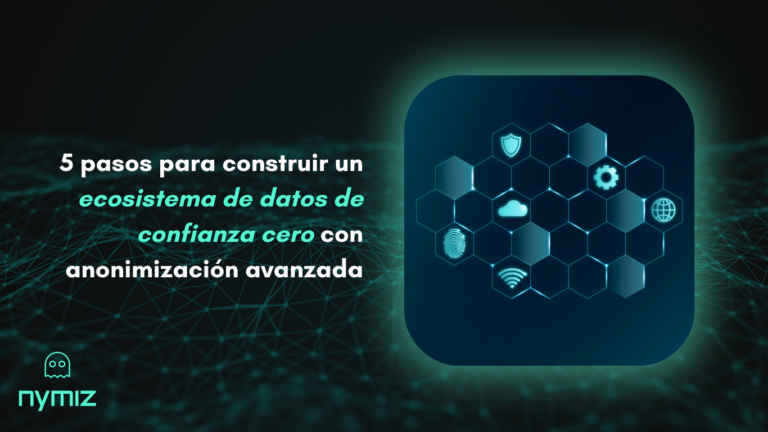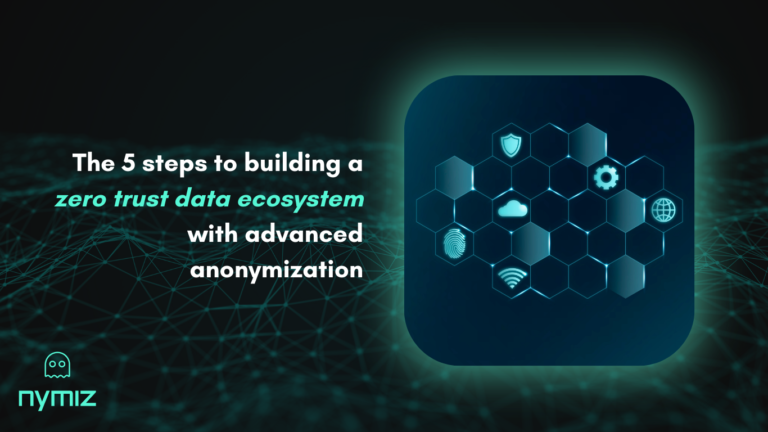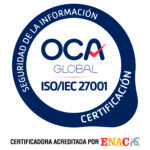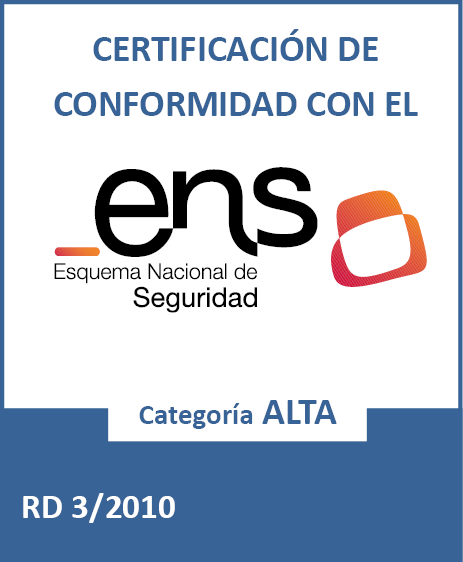On June 26, 2025, the European Commission officially received the final version of the EU AI Code of Practice, a key tool for the voluntary and early implementation of the Artificial Intelligence Regulation (AI Act). This code, developed by 13 independent experts and over 1,000 stakeholders, marks a strategic milestone in AI governance in Europe.
In a context where general-purpose AI models (GPAI) are proliferating across industrial and social sectors, the EU AI Code of Practice offers clear guidelines to ensure the ethical, transparent, and safe development of this emerging technology. Moreover, it is considered a flexible guide that will complement the mandatory guidelines that will be deployed with the AI Act. You can consult the official European Commission source here.

What does the EU AI Code of Practice regulate?
The Code is structured around three major thematic blocks, aligned with the principles of the AI Act:
1. Transparency
The EU AI Code of Practice requires developers and providers to clearly communicate the capabilities, limitations, and data used to train their models. This transparency is essential for understanding how systems generate results or automated decisions, especially in generative models. It also promotes accessible technical documentation for auditors and regulators.
2. Copyright
The Code provides guidelines on respecting intellectual property during the training of AI models, balancing innovation with the rights of authors and rights holders. This includes informing about the use of protected content, defining opt-out policies for copyrighted works, and encouraging responsible training practices.
3. Safety and protection
Focused especially on GPAI models with systemic risk, the EU AI Code of Practice mandates the implementation of safety measures such as robustness testing, risk mitigation, and monitoring systems. It also recommends periodic internal audits, emergency plans, and incident reporting to ensure the technology does not compromise fundamental rights.
Who does it apply to and from when?
Although adherence is voluntary, the EU AI Code of Practice is aimed at all general-purpose model providers operating in Europe. Starting August 2, 2025, those who adhere may collaborate with the AI Office in a gradual adaptation framework. This means that starting August 2, 2026, penalties will apply to high-risk GPAI models that fail to comply with relevant regulations.
Thus, the Code becomes an early and officially recognized pathway for demonstrating compliance with the AI Act and reducing regulatory exposure.
What does it mean for businesses?
Adhering to the Code offers an immediate competitive advantage: it facilitates legal compliance before it becomes mandatory, reduces regulatory uncertainty, and lowers administrative costs by offering a clear roadmap.
This is especially relevant for startups, SMEs, and public sector organizations integrating general-purpose AI into their processes. It’s not just about avoiding penalties but about building trustworthy, ethical, and auditable systems by design.
According to Henna Virkkunen, Executive Vice-President for Technological Sovereignty, Security, and Democracy, the publication of the code represents:
“An important step towards making the most advanced AI models available in Europe not only in an innovative way but also safely and transparently. Designed jointly by AI stakeholders, the Code aligns with their needs. I therefore invite all general-purpose AI model providers to adhere to the Code. This will ensure them a clear and collaborative path to comply with the EU AI Act.”
How does Nymiz help you comply today?
The EU AI Code of Practice focuses on data protection, traceability, and privacy by design. Nymiz, aligned with this vision from the start, helps organizations comply with these key principles:
- Advanced anonymization: Up to 95% accuracy in personal data protection through techniques like tokenization, asterisks, and synthetic data generation.
- Mass document processing: Ability to process large volumes of documents in minutes, saving up to 80% of the time compared to manual methods, ensuring agility and compliance in demanding environments.
- Customized privacy: Tailored configuration for each use case, adjusting anonymization parameters to maximize security and precision. It also enables manual oversight to guarantee the quality of the final result.
With these capabilities, Nymiz acts as an accelerator for adopting ethical AI compliant with the European regulatory framework.
Conclusion: Leading ethically into the new AI Era
The publication of the EU AI Code of Practice marks the beginning of a more responsible and transparent approach to AI in Europe. Organizations that adopt these guidelines early will not only be prepared for the AI Act but also demonstrate leadership in compliance and technological ethics.
Want to prepare without complications? Schedule a demo with Nymiz and discover how we can help you comply with the Code and the AI Act starting today.
Book your personalized demo and protect your digital future.
